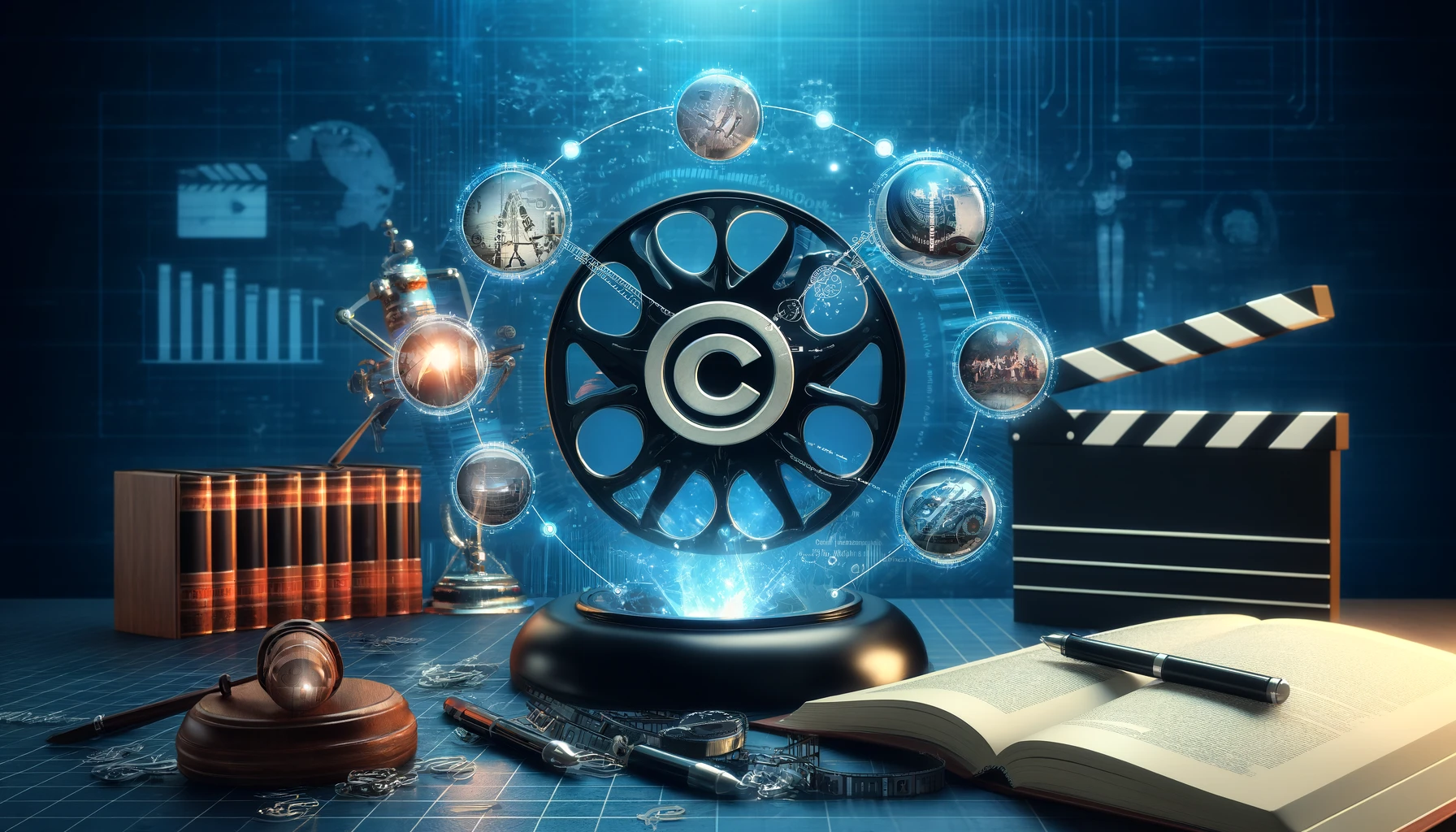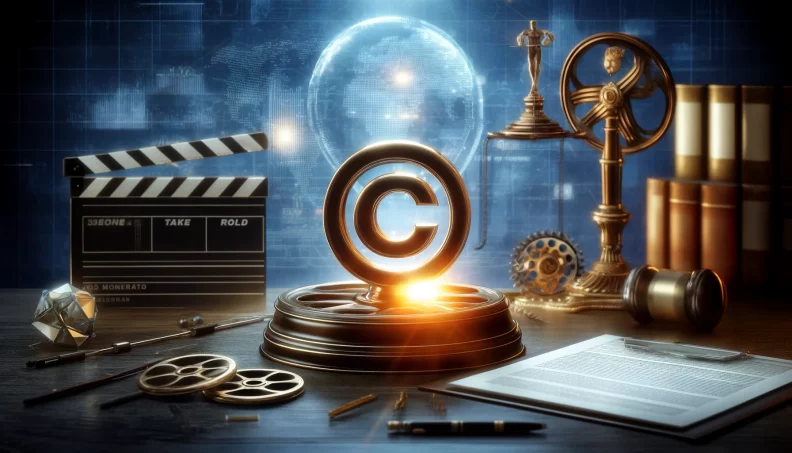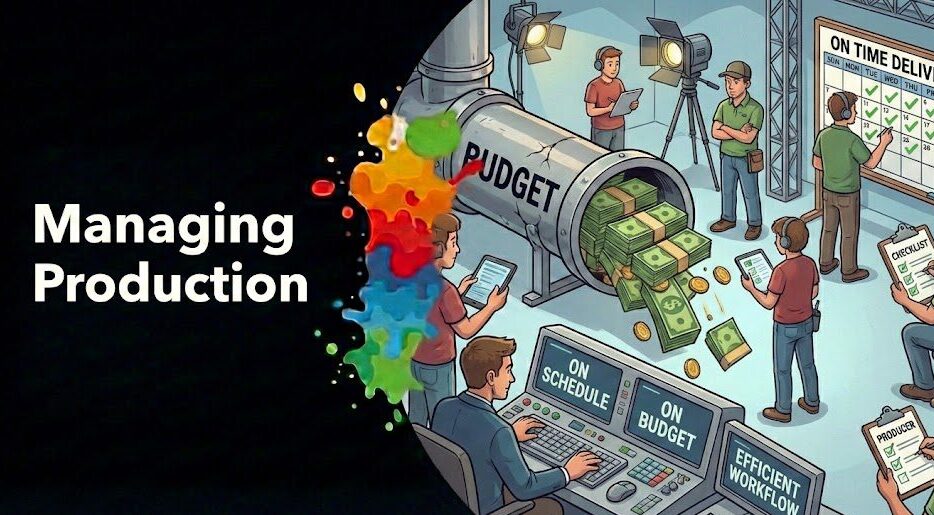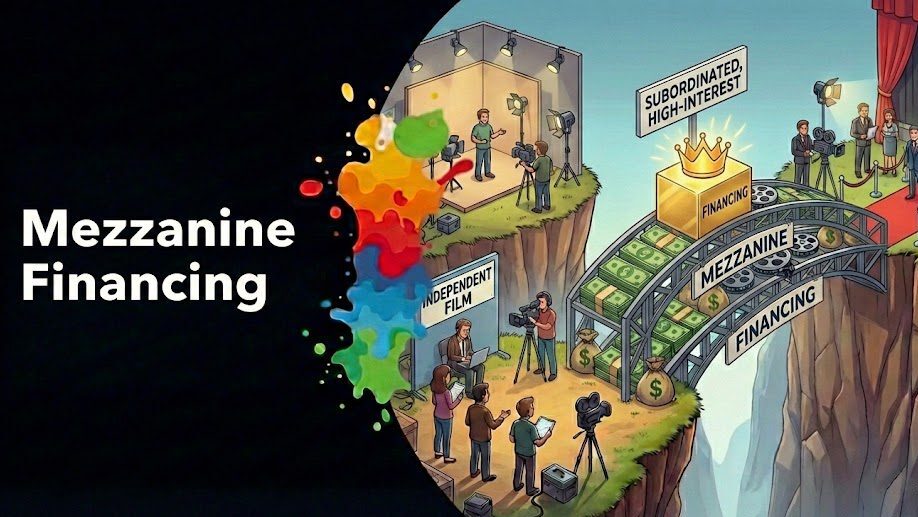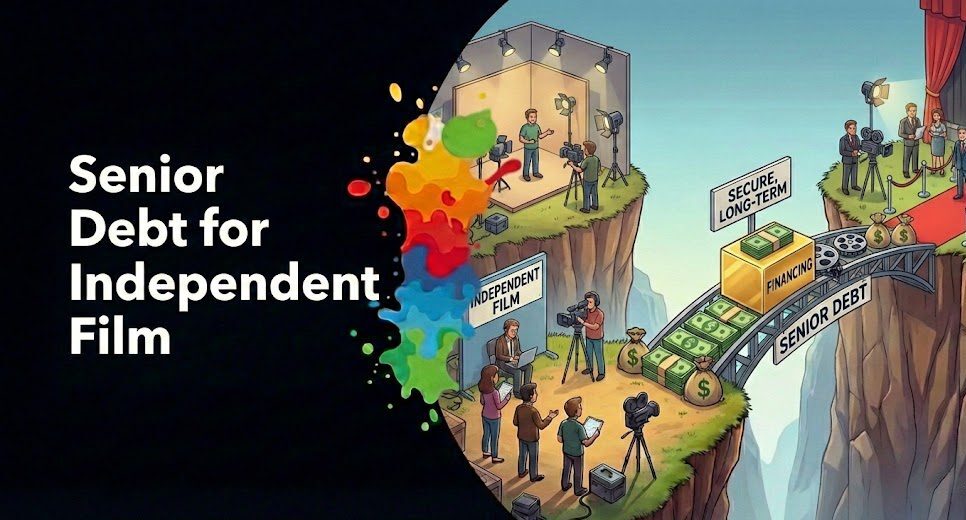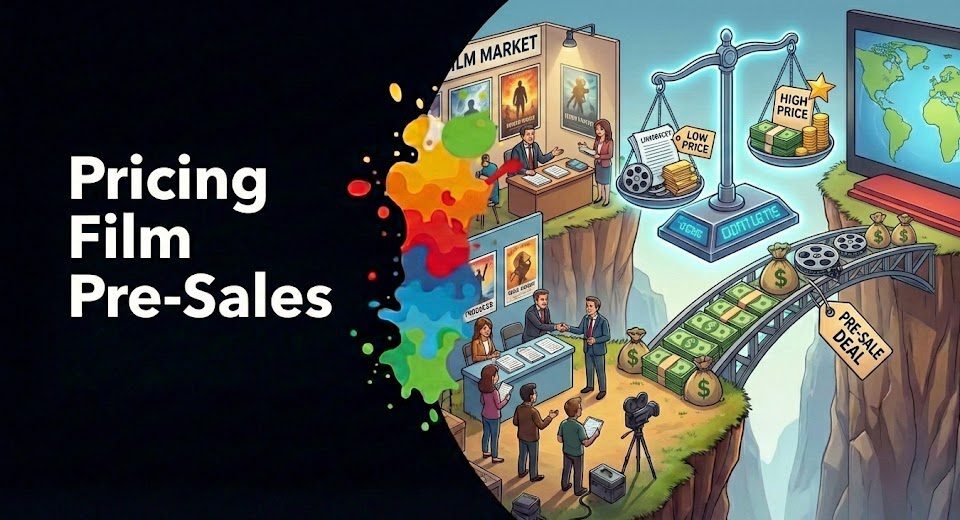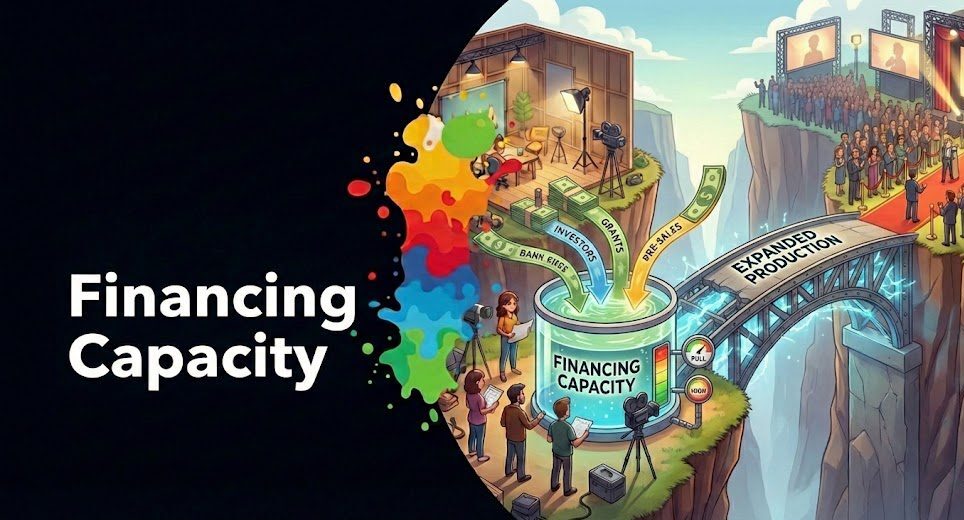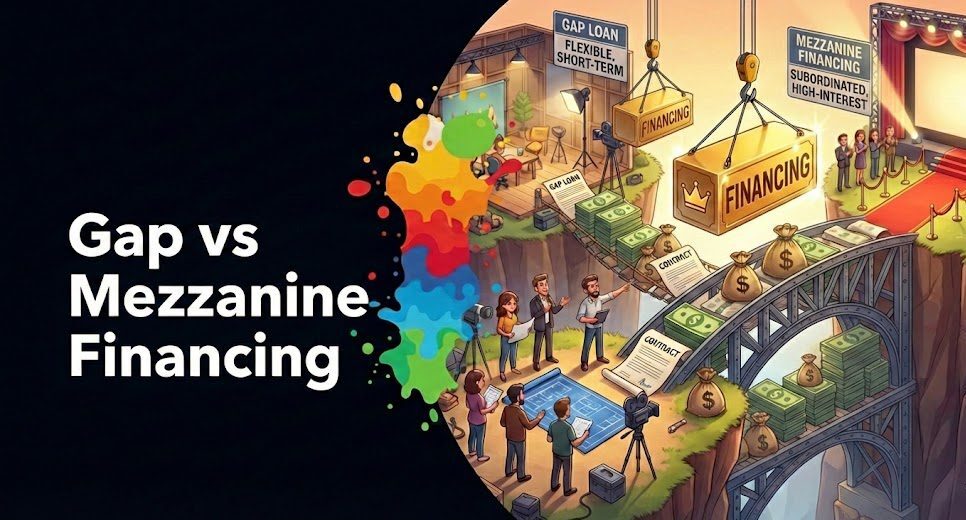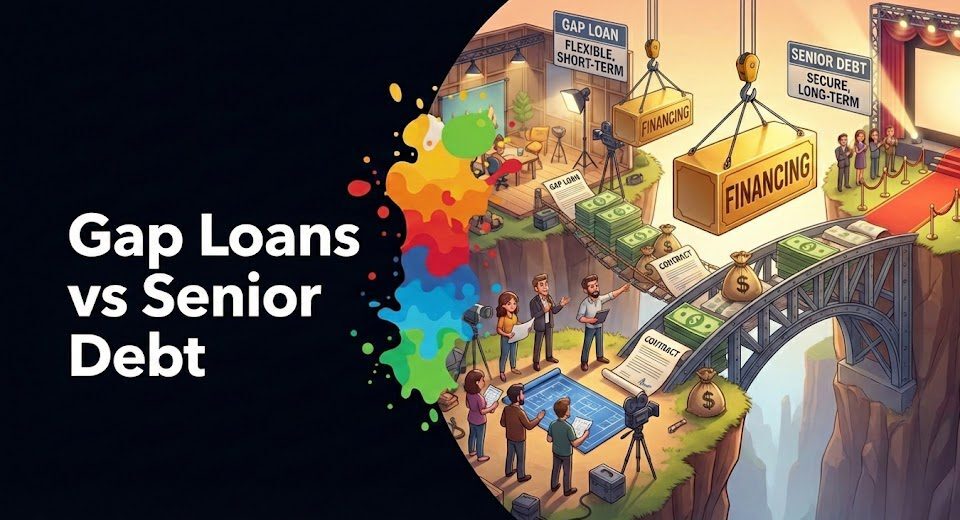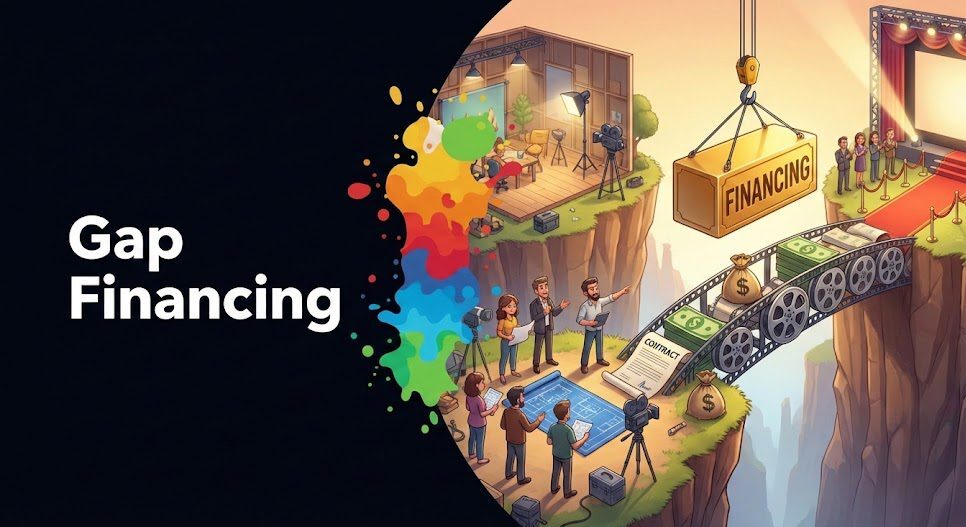Film Copyrights
As an independent filmmaker, your creative work is your most valuable asset. In the ever-evolving landscape of the entertainment industry, understanding the principles of film copyrights and entertainment law is essential for protecting your intellectual property rights and ensuring the longevity of your projects. In this comprehensive guide, we delve into the nuances of film copyrights and entertainment law, providing independent filmmakers with the knowledge and tools necessary to navigate legal challenges and safeguard their creative endeavors.
Understanding Film Copyrights
Film copyrights serve as the foundation of intellectual property protection for filmmakers. From scriptwriting to post-production, every aspect of the filmmaking process is subject to copyright law. Understanding the scope and duration of copyright protection, as well as the rights and responsibilities of copyright holders, is essential for independent filmmakers seeking to protect their creative work and prevent unauthorized use or exploitation.
Navigating Intellectual Property Rights
Intellectual property rights encompass a broad range of legal protections for creative works, including Film copyrights, trademarks, and patents. As an independent filmmaker, understanding how to navigate these rights is crucial for protecting your creative work from infringement and exploitation. From securing clearances for music and footage to negotiating distribution agreements, navigating the complex landscape of intellectual property rights requires careful attention to detail and a proactive approach to legal compliance.
Securing Permissions And Releases
Securing permissions and releases is essential for avoiding legal disputes and ensuring the lawful use of copyrighted materials in your film. From obtaining clearance for music and images to securing talent releases and location agreements, independent filmmakers must adhere to strict legal requirements to protect themselves from potential liability. By obtaining written consent and clearances for all elements of their production, filmmakers can mitigate the risk of copyright infringement claims and legal challenges down the line.
Consult with Film Copyright Specialists
Get Tailored Advice for Your Intellectual Property
Entertainment lawyers play a crucial role in advising and representing filmmakers on legal matters related to their creative work. From drafting contracts and negotiating deals to providing counsel on copyright infringement claims and intellectual property disputes, entertainment lawyers serve as invaluable allies for independent filmmakers navigating the complexities of entertainment law. By enlisting the services of a knowledgeable and experienced entertainment lawyer, filmmakers can ensure that their rights are protected and their interests are safeguarded throughout the production process.
Copyright registration provides filmmakers with additional legal protections and enforcement mechanisms for their creative work. While copyright protection is automatic upon creation, registering your copyright with the U.S. Copyright Office strengthens your legal standing and provides evidence of ownership in the event of a legal dispute. Additionally, enforcement mechanisms such as cease-and-desist letters and litigation can be pursued to address instances of copyright infringement and protect your intellectual property rights.
The Role Of Vitrina AI In Legal Compliance
Vitrina AI offers valuable insights and tools for independent filmmakers seeking to ensure legal compliance in their creative work. By leveraging artificial intelligence and data analytics, Vitrina AI can assist filmmakers in identifying potential copyright issues, securing necessary permissions and clearances, and maintaining compliance with intellectual property laws. From script analysis to rights management, Vitrina AI empowers filmmakers to navigate legal challenges with confidence and protect their creative work from infringement.
Summary
In Summary, understanding the principles of film copyrights and entertainment law is essential for independent filmmakers seeking to protect their creative work and navigate the legal complexities of the entertainment industry. By adhering to best practices, securing necessary permissions, and enlisting the support of legal professionals, filmmakers can safeguard their intellectual property rights and ensure the longevity of their projects.
While copyright protection is automatic upon creation, registering your copyright with the U.S. Copyright Office provides additional legal protections and strengthens your legal standing in the event of a legal dispute.
To ensure legal compliance, filmmakers should obtain written consent and clearances for all elements of their production, including music, images, talent, and locations. Working with an experienced entertainment lawyer can help ensure that all necessary permissions and releases are obtained.
If you receive a copyright infringement claim, it’s essential to seek legal advice from an experienced entertainment lawyer. Your lawyer can help assess the validity of the claim and advise you on the appropriate course of action to protect your legal interests.
Copyright protection for a film typically lasts for the life of the author plus 70 years. However, copyright duration may vary depending on factors such as the date of creation, publication, and ownership structure. It’s important for filmmakers to understand the duration of copyright protection for their work to ensure proper legal compliance and enforcement.


